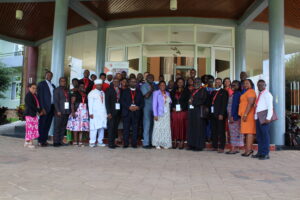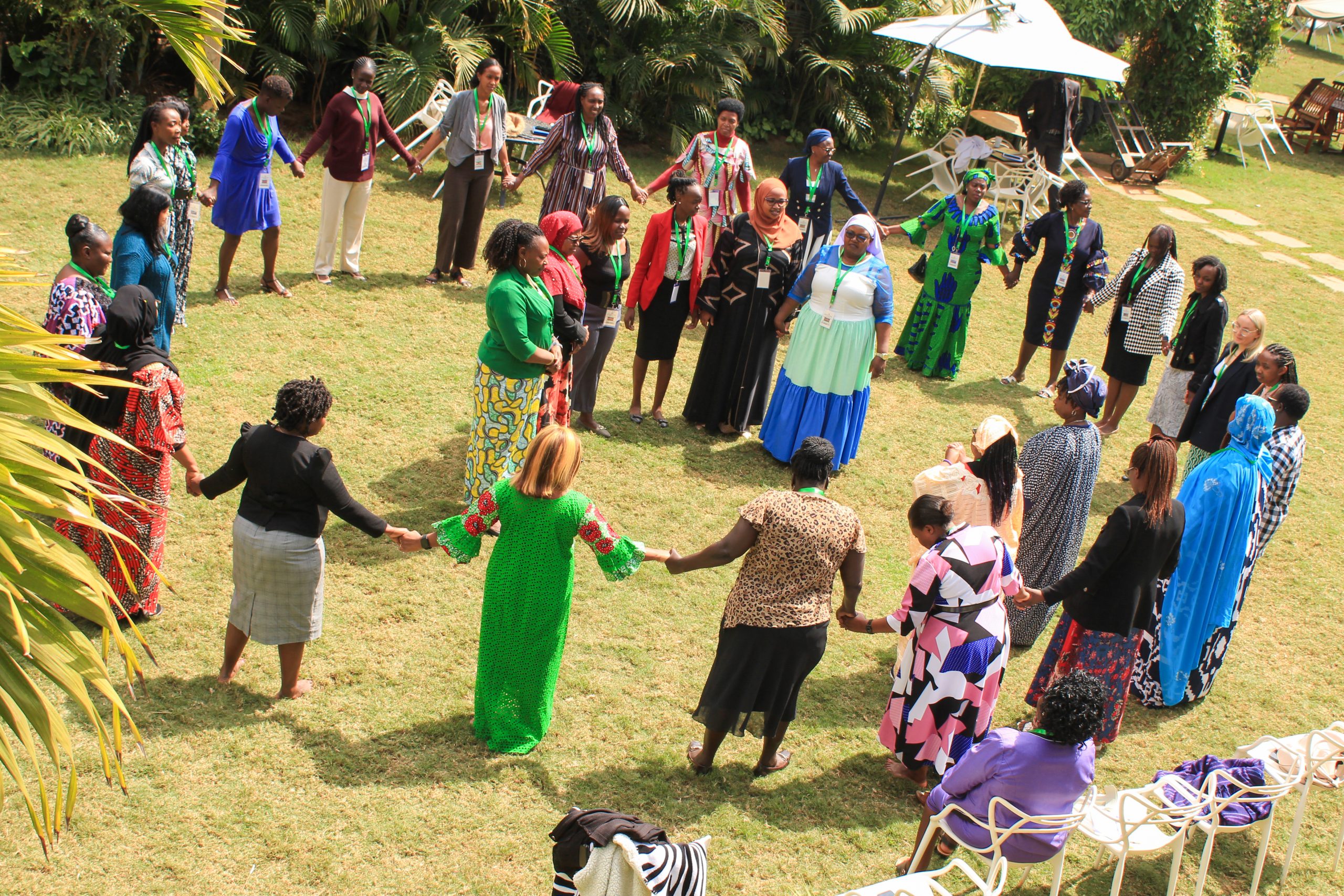Appreciating and designing context based interventions in conflict situation requires a good understanding of the socio-political dynamics by both regional and global ecumenical organizations and peace actors for timely and strategic engagements, full implementation and monitoring of the recommendations.
As such, FECCLAHA has been at the fore front in undertaking annual context analyses with trends, possible scenarios and putting forward key recommendations for action by all peace actors. This year, FECCLAHA built a series of scenarios and potential dynamics, drawing its connectivity to the 2023 analysis and reflections on the 2022 trends; the major focus being: armed groups, national stability and regional cooperation; the implementation of peace agreements; and the role as well as the potential impacts of peace keeping mission exits in the Democratic Republic of Congo (DRC).
FECCLAHA previously made a recommendation that there was need to pay close attention to the Allied Democratic Forces (ADF) which according to in its 2022 analysis, had not been part of any peace negotiations either in DRC or Uganda. “The ADF group are unique and unpredictable; it may start instilling some high level radicalization based on social and economic grievances and initiate political struggles; and may begin initiating isolated or joint attacks on places of worship or government institutions”, it read in part. Unfortunately, this observation came to pass when ADF bombed churches in DRC (January 2023) and Uganda (December 2023) claiming lives and destroying property, highlighting the call for joint, timely and strategic engagements to avert such occurrences by peace and security actors.
From the year 2023 analysis key regional trends and dynamic are featured including: agreements implementation and transitions (South Sudan’s 2018 R-ARCSS transition extension roadmap; Federal Democratic Republic of Ethiopia (FDRE) and TPLF Pretoria Cessation of Hostilities Agreement (COHA) and Nairobi Agreement ‘to permanently silence the guns and end the two years of conflict in northern Ethiopia’; DRC-Rwanda Agreement/ revival of the joint Commissions to facilitate ‘cessation of hostilities and normalization of bilateral relations; and the Nairobi Agreement between the Government of DRC and M23 armed group); elections and electoral processes, reforms, peace keeping transitions, regional cooperation and violent armed groups.
Cross-border issues and bilateral relations (Ethiopia-Sudan, Kenya-South Sudan, Ethiopia-Somaliland, Ethiopia-Eritrea, Burundi-Uganda, Burundi-DRC and Kenya-Uganda); Elections and electoral process with a focus on South Sudan expected to hold its first elections in December 2024; Peace agreements and processes; the East African Community (EAC) and Southern African Development Community (SADC) contestations; Armed groups, social protests and violent extremism; and Humanitarian situation in Sudan are among the year 2024 environment prospects accompanied by detailed recommendations.
In disseminating the 2024 analysis, FECCLAHA convened a virtual stakeholder’s forum on 27th February 2024 where the participants were taken through the trends, scenarios and key recommendations for strategic action for a peaceful and secure Africa.
















